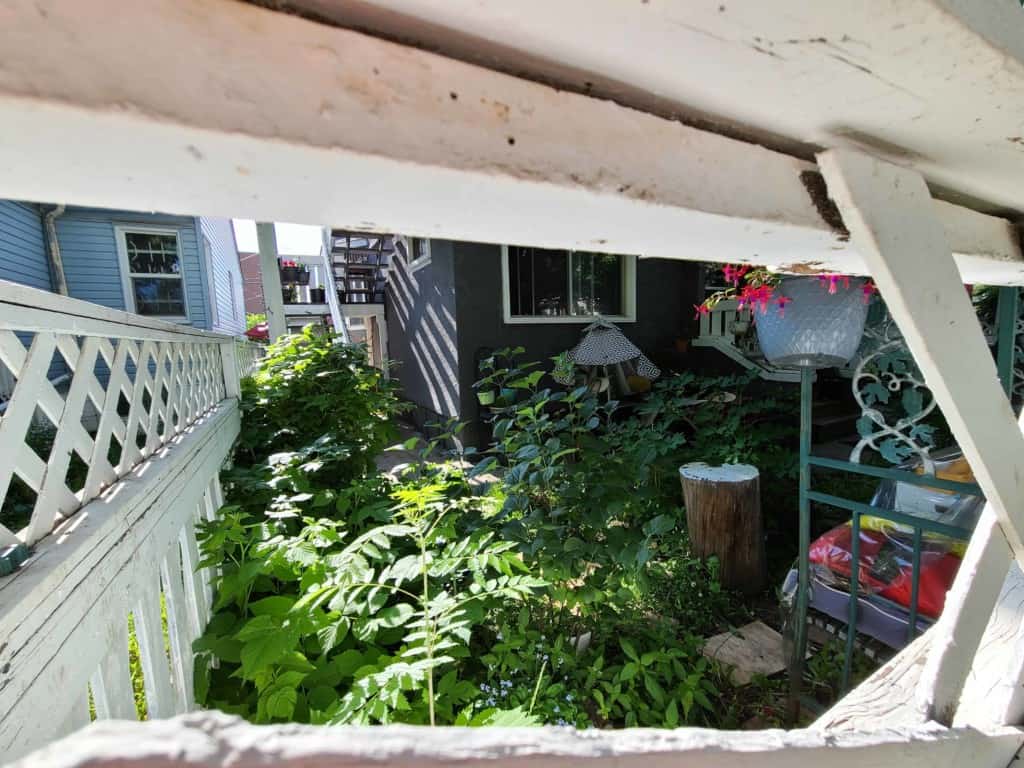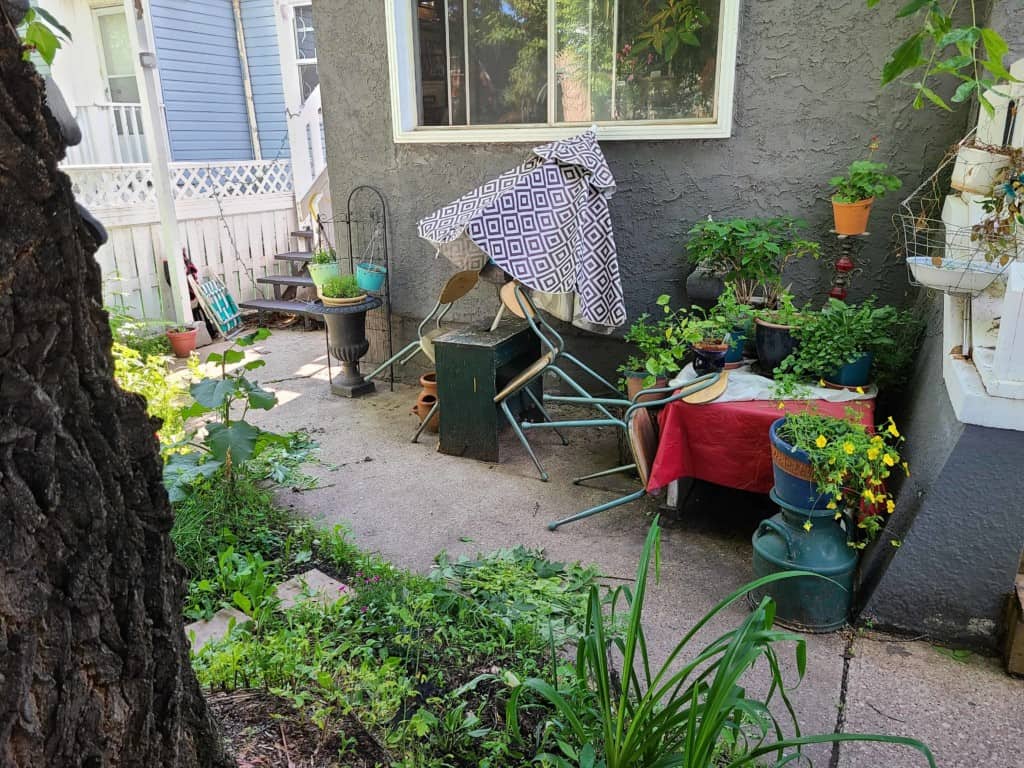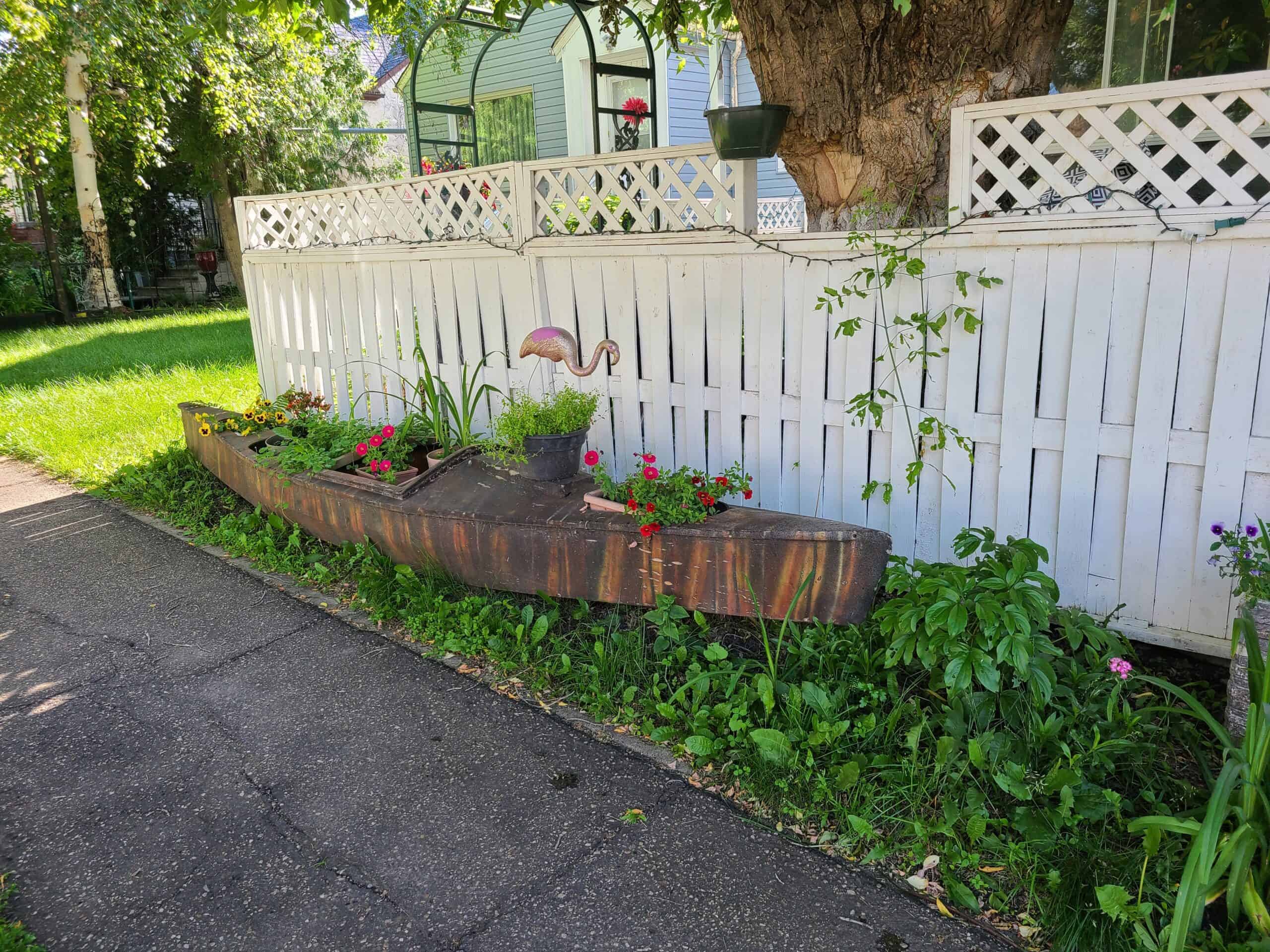Eat weeds instead of throwing them away
Urban foraging is a sustainable and accessible way to feed ourselves
Dandelions. Chickweed. Burdock. These plants, commonly referred to as weeds, are much maligned and almost always removed when spotted amongst carefully cultivated flowers, venerated vegetable gardens, and manicured lawns. Digging a little deeper, these plants and many others are beneficial, not only to our gardens and yards, but also to our health and bank account.

Alita Rickards and her sister bought a house in the Alberta Avenue area a few years ago. Both the front and back yards had been neglected. Hard packed ground, lots of shade from trees, garbage everywhere. The only thing that seemed to grow were the weeds.
“My neighbour mentioned if I wanted anything to grow, I needed to let the weeds come up first,” Rickards says. This sparked interest. Rickards began reading and learning more about gardening and plants. She became specifically interested in the weeds that were beginning to grow, soon discovering that many of them were edible and were packed full of vital nutrients and vitamins.

A growing trend towards sustainable living and cultivating gardens has led to an increased interest in wild eating, as Rickards calls it. Wild eating uses what naturally and easily grows in the area as sources of food.
For example, dandelions, burdock, chickweed, plantains, and purslane are considered weeds. Some are noxious, but all are fully or partially edible. Dandelions are fully edible. The plant is packed with potassium, vitamins A and C, iron, beta-carotene, and contains as much calcium as half a cup of milk. The leaves, although on the bitter side, are often used as a leafy green in salads. The root can be roasted to use as a coffee substitute, and the unopened buds can be eaten raw or used in cooking. Purslane, also known as pigweed, is considered both a noxious weed and a super food. Purslane contains more omega-3 than any other leafy plant, and is packed full of essential vitamins and minerals.

The idea of wild eating isn’t new. This practice has been in use for a long time, most recently widely practiced in the 1930s during the Great Depression. With droughts causing many food crops to fail and a depressed economy, people turned to what grew naturally around them. Even in dry, packed dirt, these free and accessible plants would grow and many families were able to supplement their meagre food supply. Now, with global warming and a pandemic threatening food security, being able to easily grow, find, and harvest nutrient dense food is essential.

Beyond plants like dandelions and purslane, Edmonton boasts over 35,000 edible fruit trees. These range from crab apples and chokecherries to pears and plums. All are accessible and available to the public. Edmonton Food Council has even produced a map of all the edible fruit trees in the city to make them easy to find and to help ensure less of the fruit goes to waste.
When thinking about plants and weeds, Rickards encourages everyone to do a little deeper thinking. “Ask yourself, who benefits from judging these plants as weeds?”
RESOURCES
Edible Fruit Trees Map
salisburygreenhouse.com/eat-your-weeds
Featured Image: Don’t overlook weeds as useless. | Victoria Stevens







